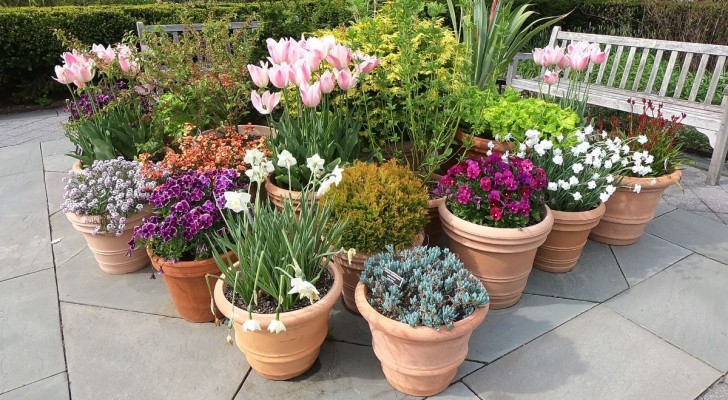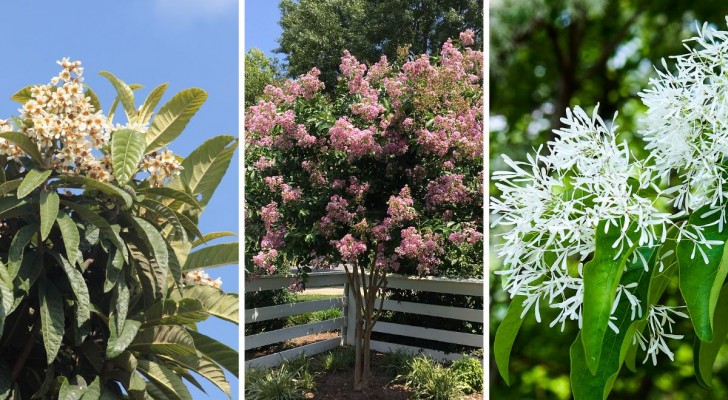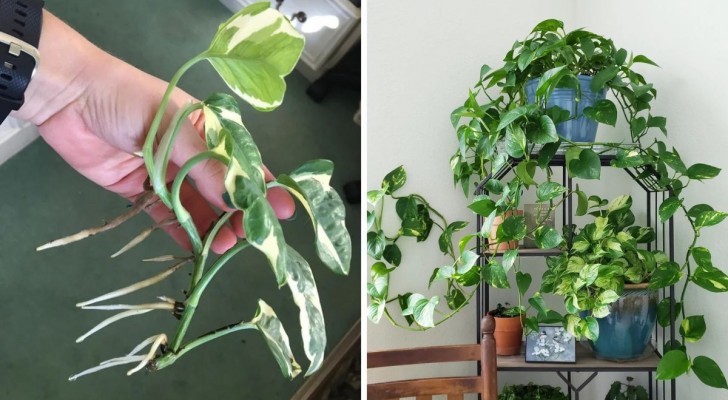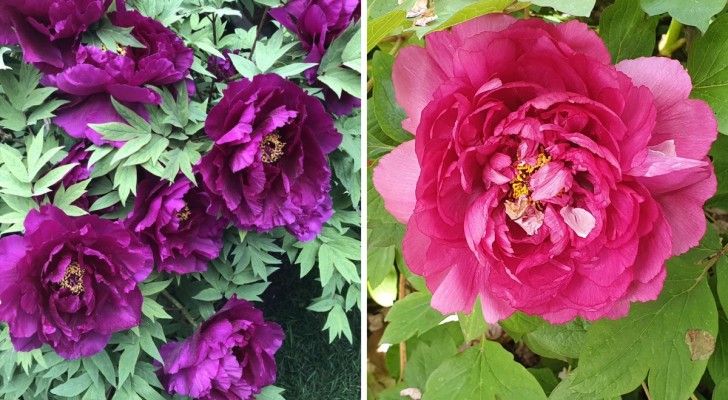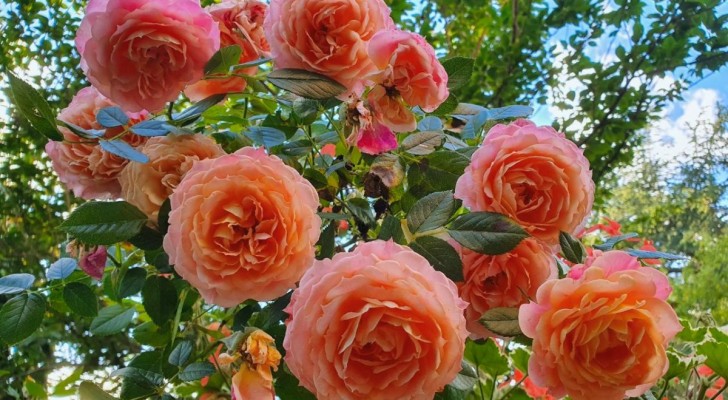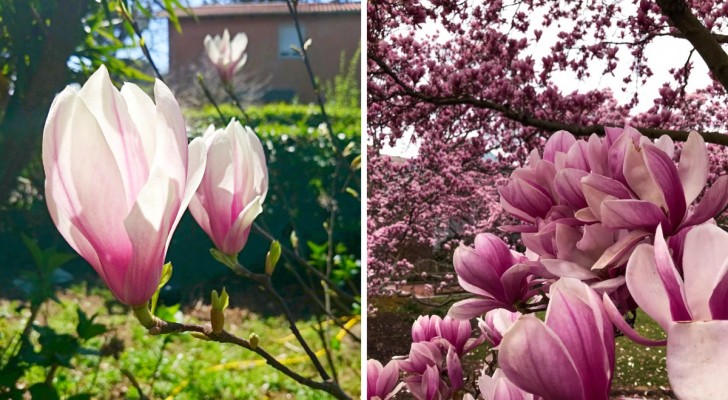Aphids on roses: discover some ways to get rid of them
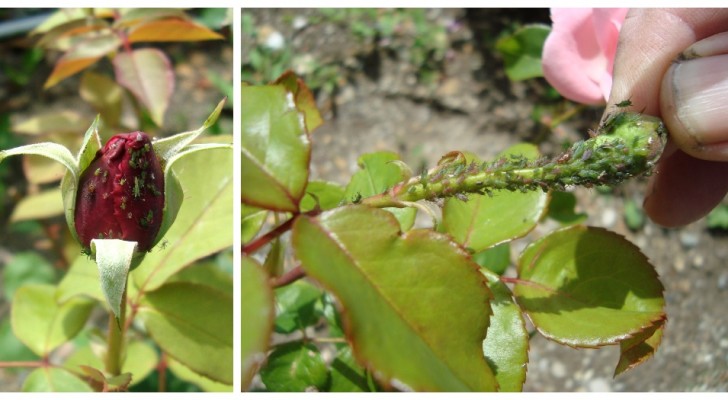
There are many types of aphids that love to take up residence on rose bushes: they show up every year and sometimes attack the plants overwhelmingly and quickly. The most common species of aphids are Macrosiphum rosae and Macrosiphum rosae, which are not limited only to attacking roses, but also invade other plant species (such as potatoes, but also decorative varieties).
Controlling the presence of these parasitic insects is important for protecting our beautiful and healthy roses. We must first recognize the "enemy": the aphids we are talking about are very small insects, just over three millimeters long and with colors ranging from green (the most common) to pink. They create very large colonies in no time, and also produce a recognizable sticky substance (like molasses). So what can we do to rid the roses of these unwanted pests? Read on to find out more:
via Royal Horticoltural Society
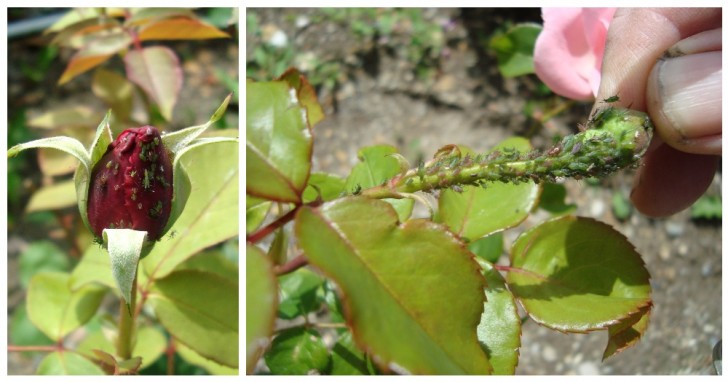
Symptoms of roses affected by aphids, to be checked regularly:
- Small green or pink insects are seen on the buds, shoots and young leaves;
- You can see the skin discarded by the insects, usually always between buds and leaves;
- Leaves and buds are covered with sticky, molasses-like substance;
- A kind of white or black mold appears on the leaves.
Removal of aphids:
In less serious cases, you can decide to ignore them (since these insects are the food of many insects that serve us well in the garden and for the greenery in general). Only intervene if the situation worsens. Otherwise:
- It may be enough to remove the apids manually and squash them.
- Shake the leaves and flowers to make the aphids fall to the ground, where they will become prey to other insects.
- You can use a strong jet of water (without damaging the plant), to detach them from the plant and make them fall to the ground. Sometimes this takes multiple interventions over consecutive days.
If the problem is more serious:
- Use natural predators, such as ladybirds, carabidae, dermacteria, hoverflies, parasitoid hymenoptera. You can also buy these in specialized stores and they help control many other parasites.
- Organic pesticides: some are based on natural ingredients such as pyrethrum, fatty acids or certain vegetable oils (such as Neem) or essential oils are a remedy that does not harm other plants or the soil.
- There are also fertilizers that contain surfactants or fatty acids, but also synthetic ingredients, which do work well. Look for them in specialized stores or online.
- It is always recommended to use synthetic insecticides only as a last resort - they will always harm other useful insects or plants in the garden.
Happy gardening!
